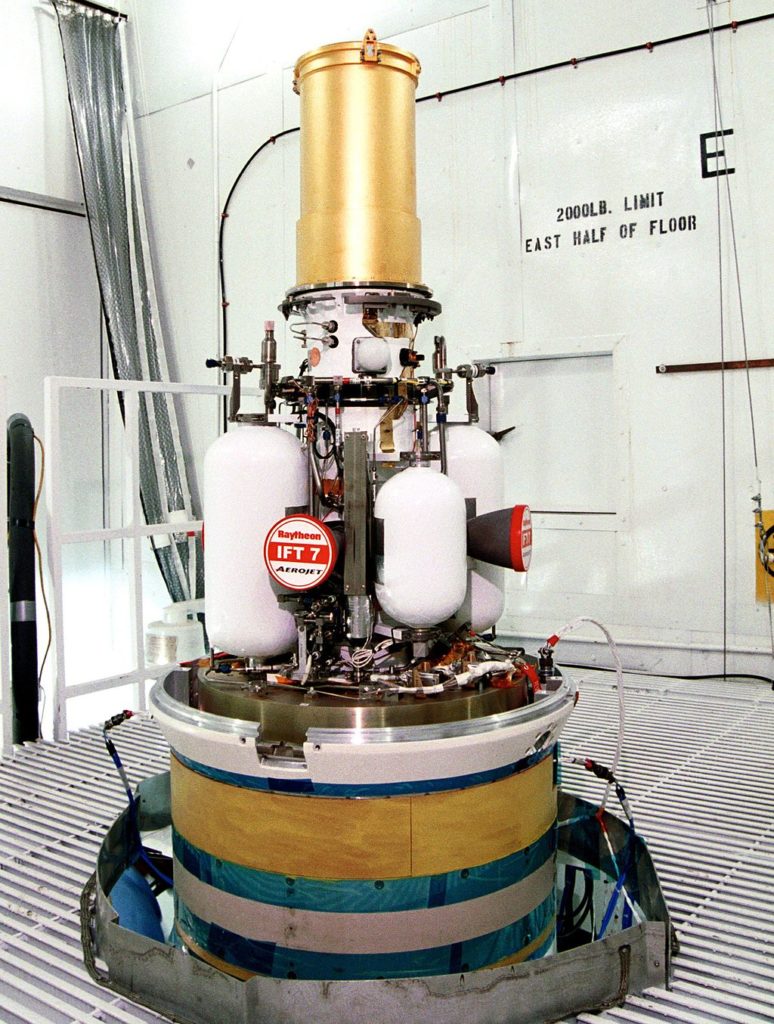The Union of Concerned Scientists co-hosted a panel on missile defense with the Brookings Institution last week: “U.S. Missile Defense Developments: How Far? How Fast?”
The panel included Cristina Chaplain, U.S. Government Accountability Office; Phil Coyle, Center for Arms Control and Non-Proliferation (and former director of operational test and evaluation at the Department of Defense); Peppino DeBiaso, Office of the Under Secretary of Defense for Policy; Dean Wilkening, Lawrence Livermore National Laboratory; and me. Brookings Senior Fellow Steven Pifer moderated.
It was an interesting event, with diverse perspectives and a good discussion. It covered the Administration’s perspective of the how and why of its approach to missile defense, and critiques from a technical perspective and an acquisitions perspective.
My central point was that missile defense’s exceptional status—that it has been exempted from normal Pentagon oversight procedures for more than a decade—has led to technology that doesn’t work and a planning process that sometimes seems governed by whims rather than strategic decisions. The ongoing problems with the exo-atmospheric kill vehicle (UCS has just produced a fact sheet on this) are symptomatic of this, as are the attempts to add an additional site or hustle the timeline of the European missile defense site in Poland. Missile defense efforts need rigorous oversight and the program should be competing on its own merits with other ways to mitigate the nuclear threat.
An audio recording of the panel is available here and the transcript is here.
Photo: By U.S. Department of Defense [Public domain], via Wikimedia Commons

